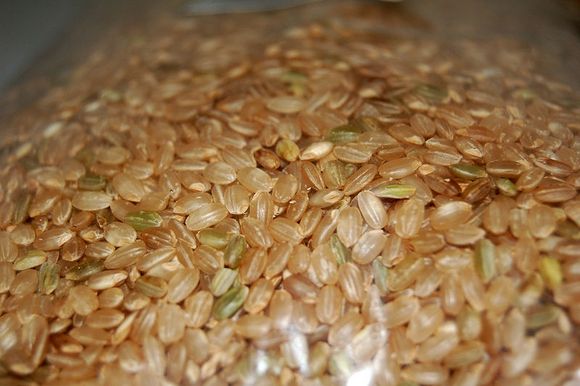
Ghee isn't bad and neither are all kinds of oils. Shonali Sabherwal, microbiotic counsellor and food consultant tells us about the foods that are often misunderstood.
So just what foods are good for you and what aren't? Shonali Sabherwal is a microbiotic counsellor and food consultant. She talks about ten foods and just what they do to your body
Brown rice or any whole grain
People mistake brown rice for a simple carbohydrate, what they don't realise is that brown rice is a complex carbohydrate.
Whole grains break down the complex carbohydrates, which creates a peaceful rise in blood sugars and the production of neurotransmitters, chemicals that facilitate communication among brain cells or neurons.
For example, the neurotransmitter serotonin regulates sleep and pain and influences moods, when chewed properly you breakdown these sugars which are necessary for your brain.
It has about 70 anti-ageing antioxidants, especially Vitamin E, which we all know is super good for a beautiful you. It is insoluble fibre which bulks up your stools, and enhances elimination easily from the bowels.
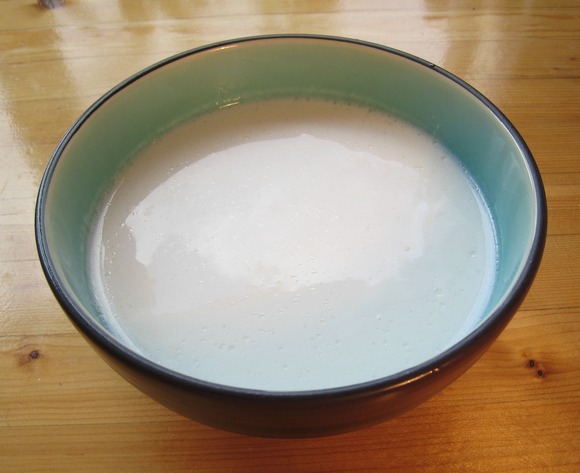
Coconut and related products like coconut oil/milk
These are good sources of saturated fat which the body needs. They comprise medium chain fatty acids which are broken down almost immediately by enzymes in the saliva and gastric juices so that pancreatic fat-digesting enzymes are not even essential.
Therefore, there is less strain on the pancreas and digestive system and they are used directly for energy and bypass the digestive process. Referred to as the queen of saturated fats because of it special properties. It has a 'thermogenic effect', raising your body temperature, boosting your energy and metabolic rate which aids weight loss.
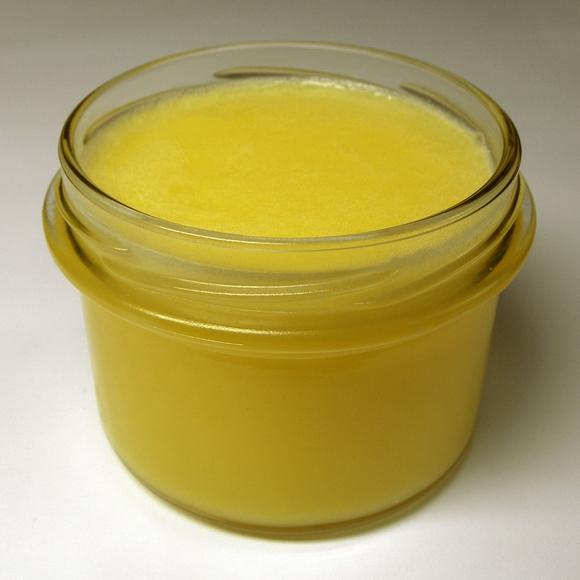
Ghee
Ghee features everywhere in Indian cooking. And there's a good reason for it. According to the Ayurvedic tradition it enhances 'ojas' (Sanskrit for vigour), an essence that governs the tissues of the body and balances the hormones.
Apart from that, ghee has a very high smoke point and doesn't burn easily during cooking.
It has more stable saturated bonds and so is less likely to form dangerous free radicals when cooking. During the clarifying milk to obtain ghee, proteins are removed and it becomes lactose-free thereby increasing its nutritional value.
The fatty acid (butyric acid) that ghee contains has anti-viral properties and is believed to inhibit the growth of cancerous tumours. It also has antioxidant value and aids in the absorption of minerals and vitamins from food.
Okay, so that doesn't mean you start eating it by the spoonfuls. Up to one tablespoon a day is all that's required to keep your skin glowing and to add richness to your food. A word of caution to people with high cholesterol: ghee, at the end of the day, is still saturated fat and needs to be consumed carefully.
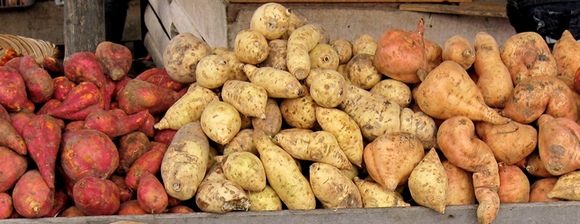
Sweet Potato
Cooling thermal in nature; sweet flavour; strengthens the spleen and pancreas; promotes qi energy; removes toxins; builds the kidneys and useful to treat diarrhoea.
Rich in vitamin A and Vitamin C, both Vitamins A and C are powerful antioxidants that work in the body to remove free radicals, this free radicals are chemicals that damage cells.
Sweet potato is a good food for diabetics, because it helped stabilise blood sugar levels- it is actually low on the glycemic index contrary to belief that it may add to weight as people compare it to a normal potato which is sugar and starch.
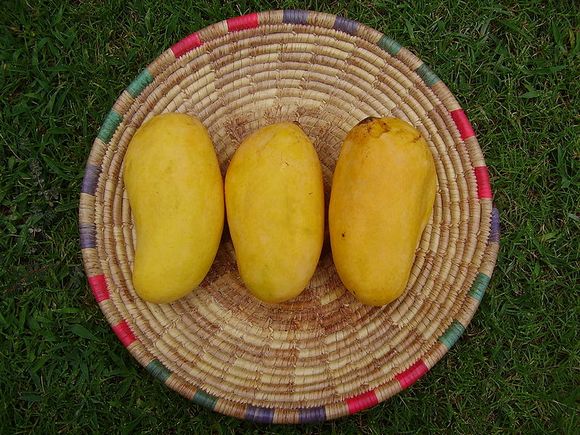
Mango
Rich in antioxidants and full of natural fruit sugar, if eaten in moderation will not cause you any harm. Vitamin E in mango helps regulate sex hormones and boost sex drive. Helps lower cholesterol as it has soluble dietary fibre, pectin and vitamin C. The enzymes help with digestion.
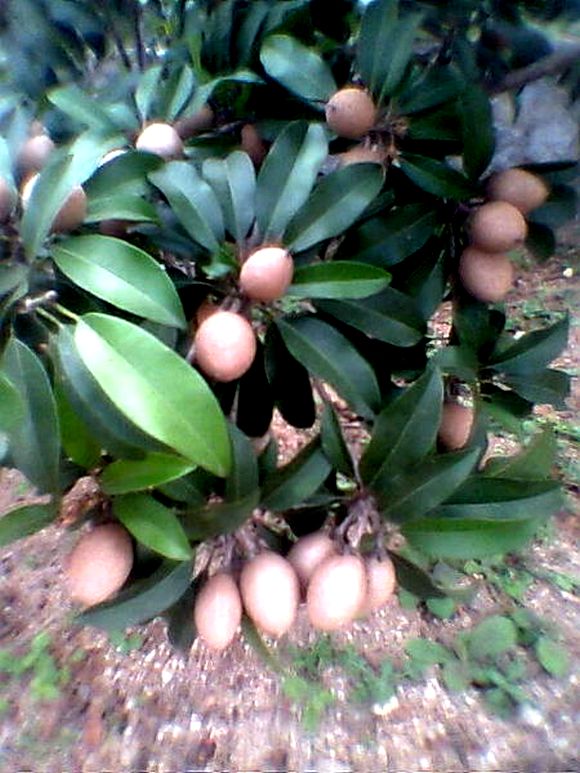
Chikoo
Chikoo is rich in vitamins, mineral and antioxidants. The sugars it contains actually help revitalise energy as opposed to the belief it is high on sugars which add to weight gain. It is rich in dietary fibre which makes it have a laxative-like effect on the stomach.
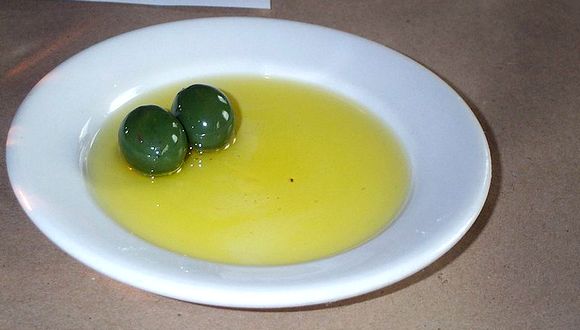
Extra Virgin Olive and Cold Pressed Sesame Oil
Good quality liquid fats, much needed for nutrients to be transported in the body to the organs. People are often under the misconception that all oils make you put on weight. These two oils, used in moderation, can be exceptions.
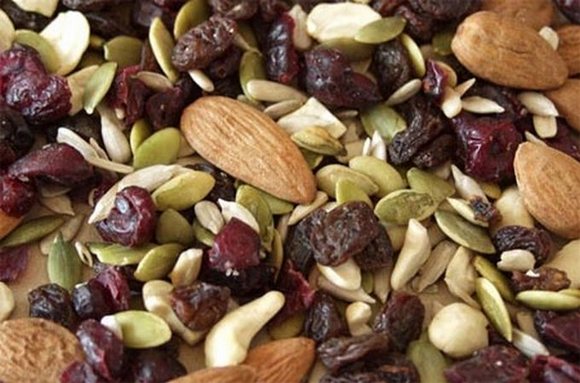
Nuts
Burdened with a reputation of giving you fats and calories, nuts have always been avoided by weight watchers.
However, an excellent source of plant fibre, protein and fats nuts should be included in your diet albeit in moderation.
They provide magnesium and chromium both help bones and absorb calcium.
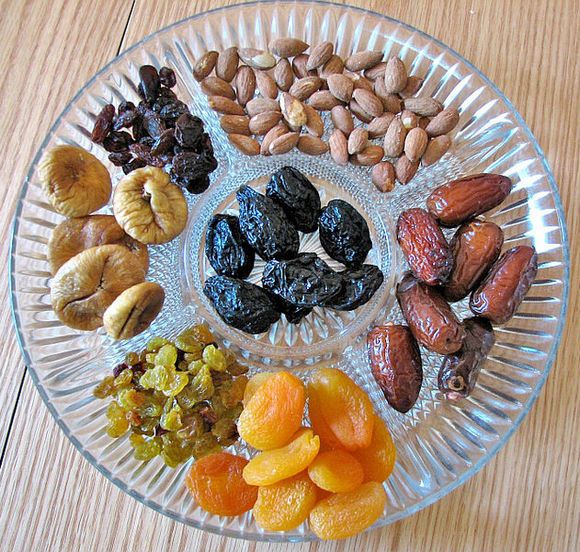
Dry fruits
Again, dry fruits are avoided because people think it gives you weight, but they are a great source of unsaturated fats, contain manganese, riboflavin and copper which help with the production of energy for your daily activities.

Grapes
Grapes have only 15-30 per cent sugar as opposed to what most people think that it's full of sugar. Rich in antioxidants, anti-cancer, with caffeic acid and resveratrol grapes help absorb Vitamin C due to the presence of bioflavanoids.